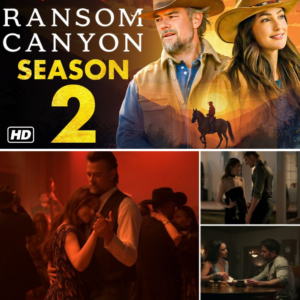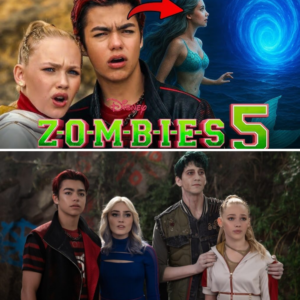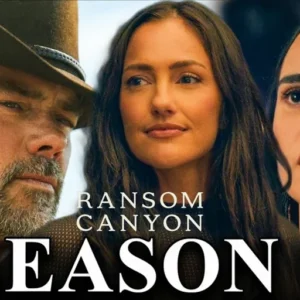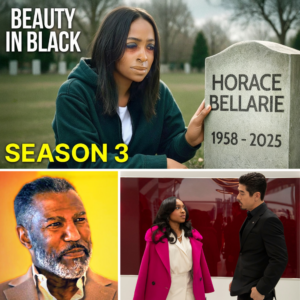
Rock ‘n’ roll heaven just gained its wildest astronaut. In a gut-wrenching revelation that’s ripping through the KISS Army like a smoke-bomb guitar solo, the official cause of death for legendary guitarist Ace Frehley – the original Spaceman who shot fireworks from his Les Paul and turned arenas into alien invasions – has been unveiled: blunt force trauma to the head from a devastating accidental fall in his home studio. At 74, the man who survived electrocution on stage, substance-fueled chaos, and decades of rock excess met his end not in a blaze of glory, but in a quiet, heartbreaking tumble that led to a fractured skull, subdural hematoma, brain bleed, and a fatal stroke. The Morris County Medical Examiner ruled it an accident, closing the book on a life that was anything but ordinary.
The news dropped like a thunderbolt on November 10, 2025, weeks after Frehley’s family made the agonizing decision to remove him from life support on October 16. What started as a “minor fall” in late September – casually mentioned in a tour cancellation post – spiraled into a nightmare no one saw coming. Ace, ever the trooper, downplayed it at first: “He is fine, but against his wishes, his doctor insists that he refrain from travel.” Shows got axed, fans held their breath, and then silence. Whispers turned to wails when TMZ broke the story: the Space Ace was on a ventilator, battling for life in a New Jersey hospital. His family surrounded him with love as machines beeped their final countdown, pulling the plug when hope faded.
Rewind to the Bronx, 1951: Paul Daniel Frehley, youngest of three, born to an electrical engineer dad and a mom with German-Dutch roots. Little Ace picked up a guitar at 13, inspired by the Beatles’ Ed Sullivan invasion and Rolling Stones swagger. Nicknamed “Ace” in high school for his knack at hooking up friends with dates, he ditched academics for amps, getting expelled multiple times but honing a raw, bluesy style that screamed rebellion. Gang life loomed – he ran with the Ducky Boys – but music saved him. By 1973, answering a Village Voice ad for a guitarist with “flash and balls,” he auditioned for Paul Stanley, Gene Simmons, and Peter Criss. In sweaty rehearsals, Wicked Lester became KISS, and Ace became the Spaceman: silver stars on his face, smoke-spewing Gibson, solos that bent time like black holes.
KISS exploded. Debut album in ’74, but it was ’75’s Alive! that ignited the universe – Ace’s “Shock Me” riffage and pyrotechnic mayhem turning concerts into circuses. He wrote classics like “Cold Gin,” sang “New York Groove” on his platinum solo album (the only KISS solo to hit big), and survived a 1976 onstage electrocution that left him with a permanent handshake buzz. Fame brought excess: booze, drugs, car crashes (he totaled a DeLorean in ’83). He quit in ’82 amid tensions, formed Frehley’s Comet, scored hits like “Into the Void.” Reunion in ’96 for the makeup-clad comeback tour raked in millions, but he bowed out again in 2002, citing the grind.

Solo Ace was unstoppable: albums like Anomaly, Space Invader, 10,000 Volts in 2024 keeping the fire alive. He battled demons – sobriety since 2006 – but roared back, touring into 2025 with that signature smirk and lightning licks. Just months before the fall, he teased Origins Vol. 3, jammed with Pearl Jam’s Mike McCready (who called him a hero), and laughed about a psychic predicting he’d live to 100. Tragic irony: the man who cheated death onstage couldn’t dodge a studio slip.
The fallout? Devastating. Gene Simmons and Paul Stanley: “Devastated… an irreplaceable rock soldier.” Peter Criss reunited with them at a Bronx memorial, the original lineup’s first gathering in years – bittersweet without Ace. Tributes poured in: Slash called him “a true original,” Alice Cooper mourned a tour buddy, fans flooded socials with smoking guitar emojis and “Rock and Roll All Nite” blasts. A toxicology report cleared lingering questions – clean, accidental, no foul play. Just a freak fall in the one place he felt most alive: surrounded by amps and echoes of glory.
Ace’s legacy? Galactic. He influenced shredders from McCready to Zakk Wylde, proved glam could growl, and embodied KISS’s ethos: larger than life, unapologetic. His Spaceman persona wasn’t makeup – it was escape from Bronx streets to stadium stars. Married to Jeanette Trerotola since ’76 (they never separated, despite rumors), dad to Monique, brother to Charles and Nancy. He leaves a void no replacement can fill – Tommy Thayer tried, but Ace was the spark.
In his final interview months earlier, Ace grinned about comeback plans post-arm injury: “I’m like a cat with nine lives.” He burned through them all, electrifying the world. No more smoke from the guitar, no more rocket rides. But crank “Parasite” or “Detroit Rock City,” and he’s there – riffing eternal.
The KISS Army salutes. Space Ace has landed. Forever in the stars, blasting solos across the cosmos. Rest easy, legend – you wanna rock ‘n’ roll all nite, and party every day? Heaven just got louder.



